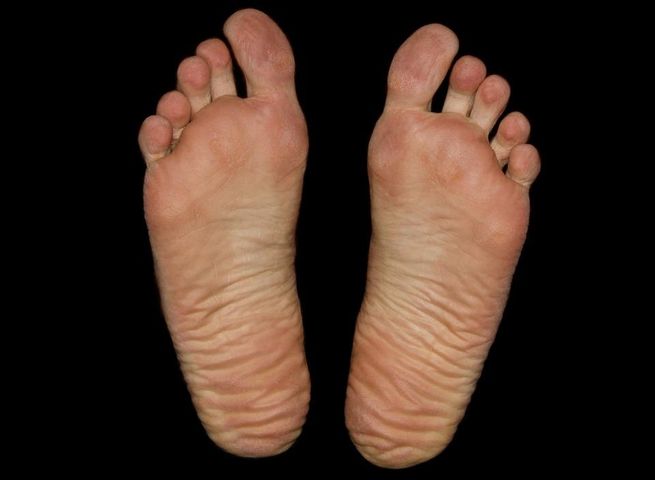Plantar Warts 101: What You Need to Know From CT's Leading Podiatrists

As any podiatrist will tell you, there are many foot ailments out there, and while most of them are not a direct threat to your overall health, they can sure be a burden. Among these is a condition often treated by the Norwich and North Windham, CT-based heel and foot pain experts at Eastern CT Foot Specialists PC: plantar warts. These manifest as tough, painful growths on the parts of the foot that come into contact with the ground. Though these growths present no real threat to your health, they can be a major source of discomfort.
So what do you need to know about this condition? How is this type of foot pain treated? Let’s take a quick look:
Symptoms
There are two types of warts that may appear: those that grow outward and those that grow inward. In the former case, the growths are small, fleshy, and rough to the touch, whereas with the latter, you’ll see calluses over problem spots. In both cases, you’ll feel tenderness and pain and see black “pinpoints” where blood has clotted.
When To Seek Help
 Aside from the pain itself becoming difficult to bear, you should visit a podiatrist if the warts change color, other treatments only seem to spread them, you have little sensation in your feet, or you have a weakened immune system due to HIV/AIDS or prescribed medications.
Aside from the pain itself becoming difficult to bear, you should visit a podiatrist if the warts change color, other treatments only seem to spread them, you have little sensation in your feet, or you have a weakened immune system due to HIV/AIDS or prescribed medications.
Transmission
The HPV virus that causes this condition is one of many types, and the good news is the strains that cause plantar warts aren’t very contagious. This means contraction rarely occurs as a result of skin-to-skin contact; however, these viruses do better in warm and wet environments, so wear shoes when walking around pools or changing rooms.
Luckily, a foot pain expert will be able to provide effective treatment and relief from this condition, and the podiatrists at Eastern CT Foot Specialists PC are ready to help. Please call (860) 887-3538 for the Norwich office or (860) 456-9593 for the North Windham office.
About the Business


